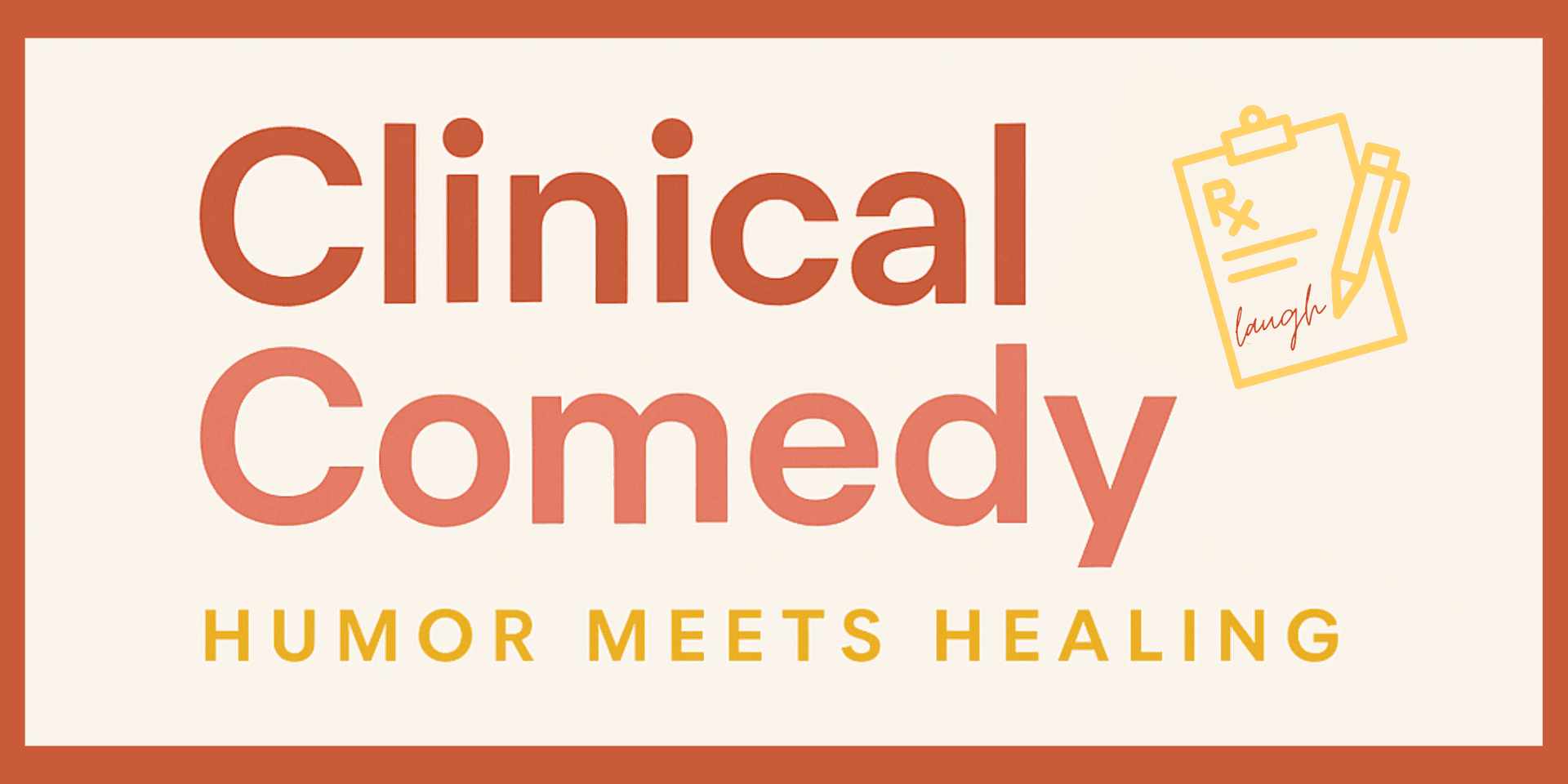Why Therapeutic Stand-Up Comedy is Gaining Momentum in Mental Health Circles
The Rise of Therapeutic Stand-Up Comedy
In recent years, stand-up comedy has evolved beyond mere entertainment to become a powerful tool for mental health therapy. This unique approach leverages humor to help individuals process emotions, communicate experiences, and foster a sense of community. As mental health awareness continues to grow, more therapists and mental health professionals are incorporating stand-up comedy into their practices.

The Healing Power of Laughter
Laughter has long been recognized as a natural remedy for stress and anxiety. Studies have shown that it can boost mood, enhance relaxation, and even improve immune function. By integrating stand-up comedy into therapy, individuals can experience these benefits in a structured environment. This therapeutic approach encourages participants to view their challenges through a comedic lens, reducing the stigma often associated with mental health issues.
Participants in therapeutic stand-up sessions often find that sharing their stories with humor can lead to a cathartic release. It allows them to confront difficult emotions in a safe space, where laughter acts as both a shield and a bridge to deeper understanding.
Building Connections Through Shared Experiences
One of the key advantages of therapeutic stand-up is its capacity to build connections among participants. Comedy groups or workshops create a supportive community where individuals feel understood and less isolated. This sense of belonging can significantly contribute to an individual's recovery journey.

Through shared laughter, participants often find common ground, which helps them realize they are not alone in their struggles. This communal aspect of therapeutic stand-up fosters empathy and support, essential elements for healing.
Empowering Individuals Through Creative Expression
Therapeutic stand-up also empowers individuals by giving them a platform for creative expression. Crafting and performing comedic material encourages self-reflection and introspection. This process can lead to personal growth as participants learn to articulate their feelings and experiences with humor.
Moreover, standing up in front of an audience, even in a supportive setting, can boost confidence and self-esteem. The act of performing allows individuals to reclaim their narratives, transforming past traumas into sources of strength and resilience.

Integrating Comedy into Traditional Therapy
Many therapists are now integrating stand-up comedy techniques into traditional therapy sessions. This hybrid approach combines the introspection of therapy with the healing properties of laughter. Therapists guide participants in developing comedic routines that resonate with their personal experiences, facilitating deeper emotional exploration.
By using comedy as a therapeutic tool, mental health professionals can offer a fresh perspective on treatment, making therapy more engaging and accessible for individuals who may be resistant to conventional methods.
A Promising Future for Mental Health Treatment
The growing interest in therapeutic stand-up comedy highlights the evolving landscape of mental health treatment. As more people recognize the benefits of humor in healing, this innovative approach is likely to gain further momentum. It offers an opportunity to address mental health challenges in a way that is both effective and enjoyable.
Ultimately, therapeutic stand-up comedy represents a promising frontier in mental health care, combining the joy of laughter with the profound impact of shared human experience. As it continues to gain traction, it stands to transform the way we understand and address mental well-being.
